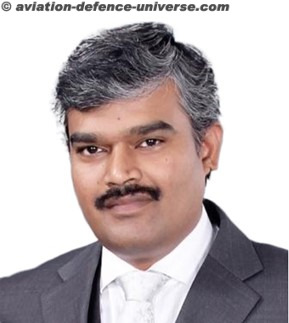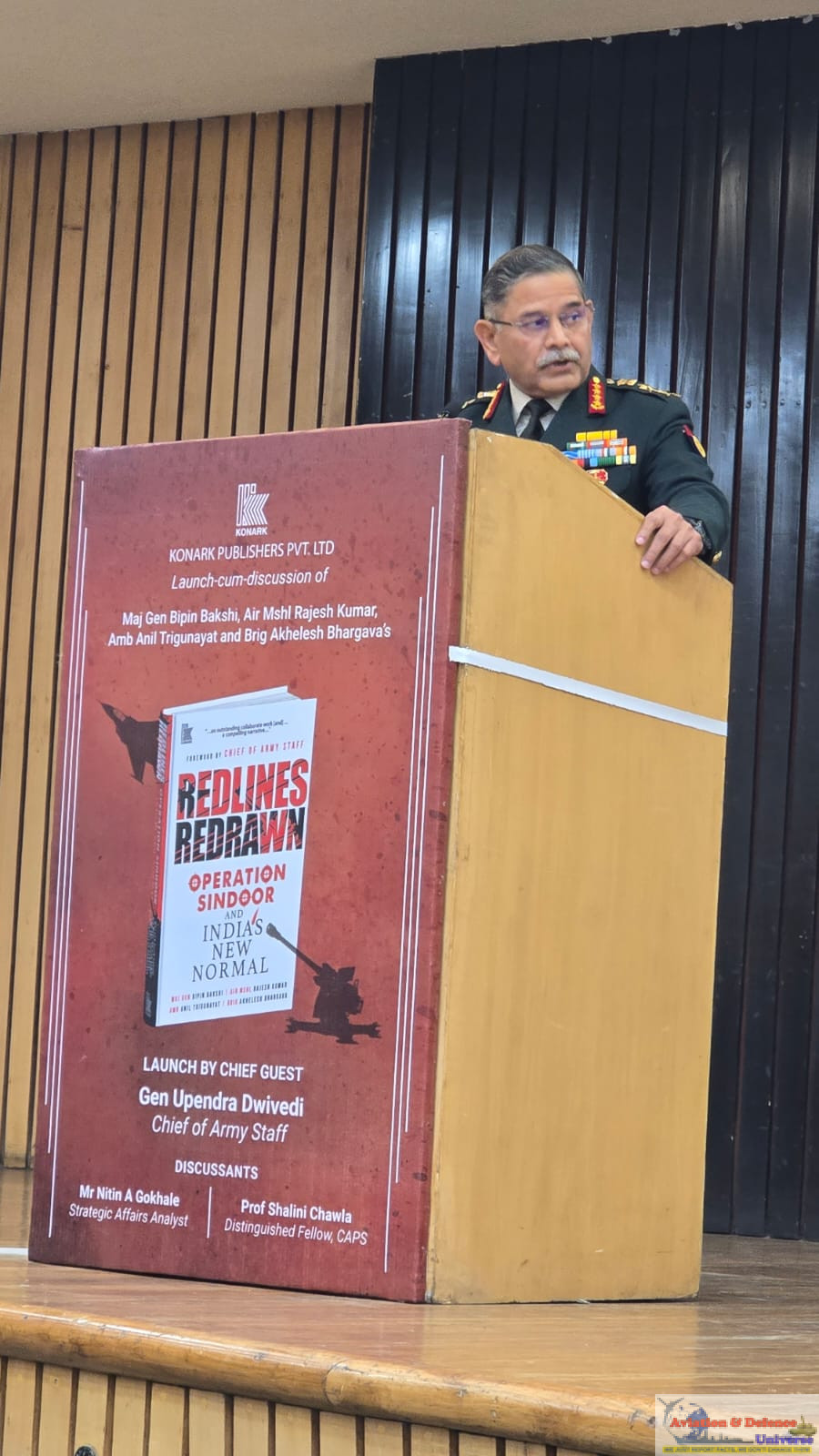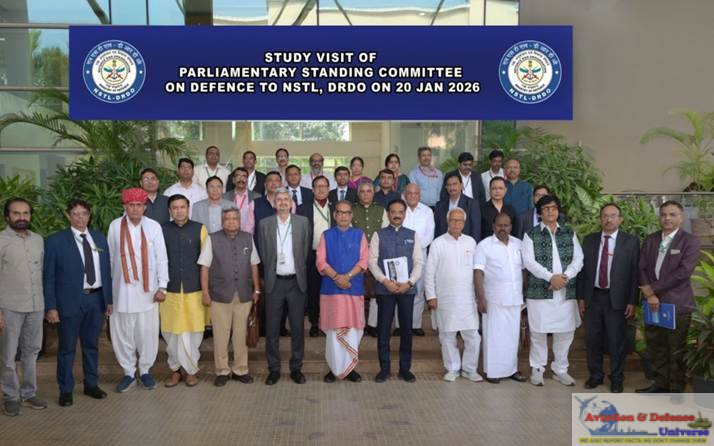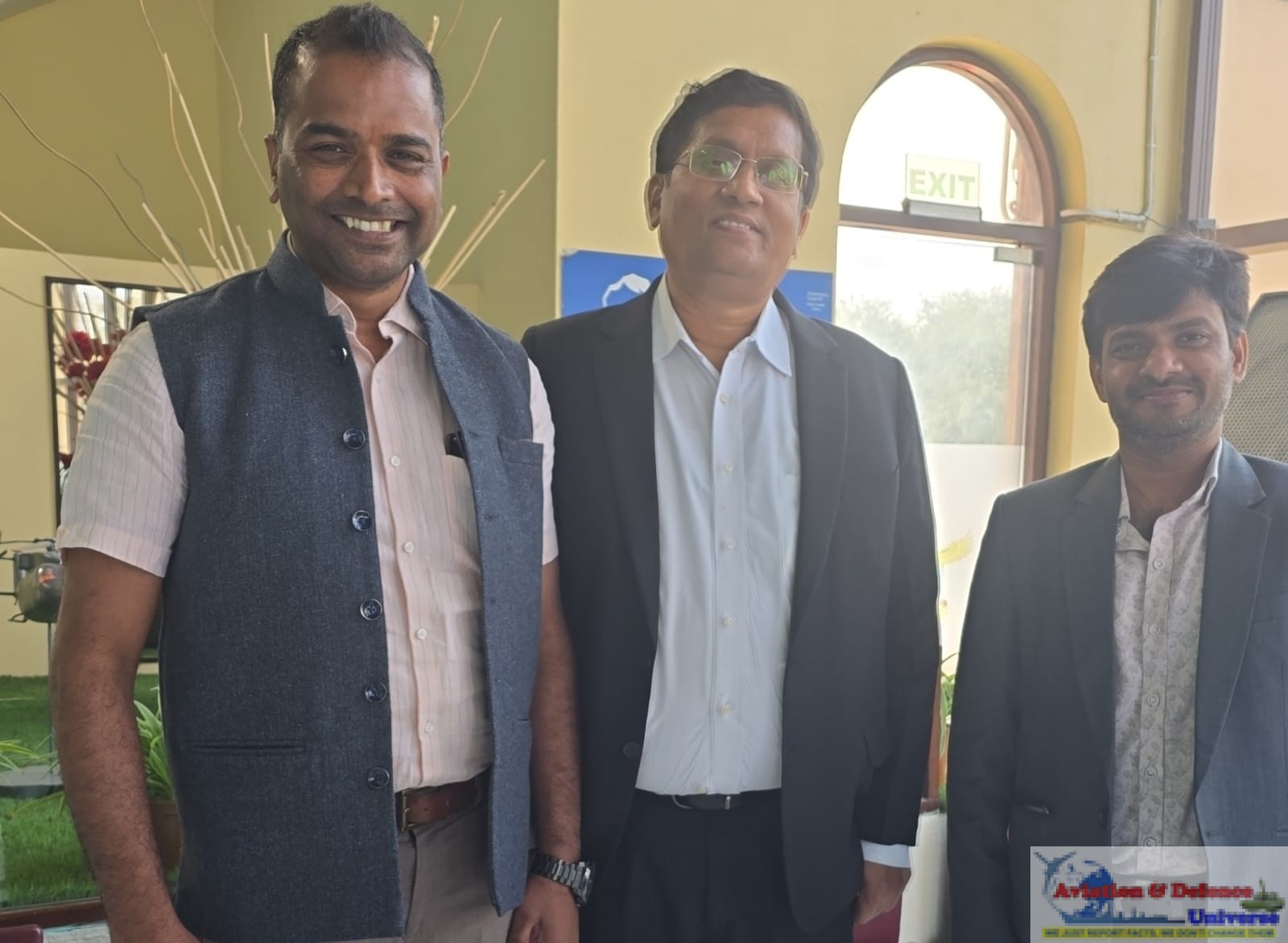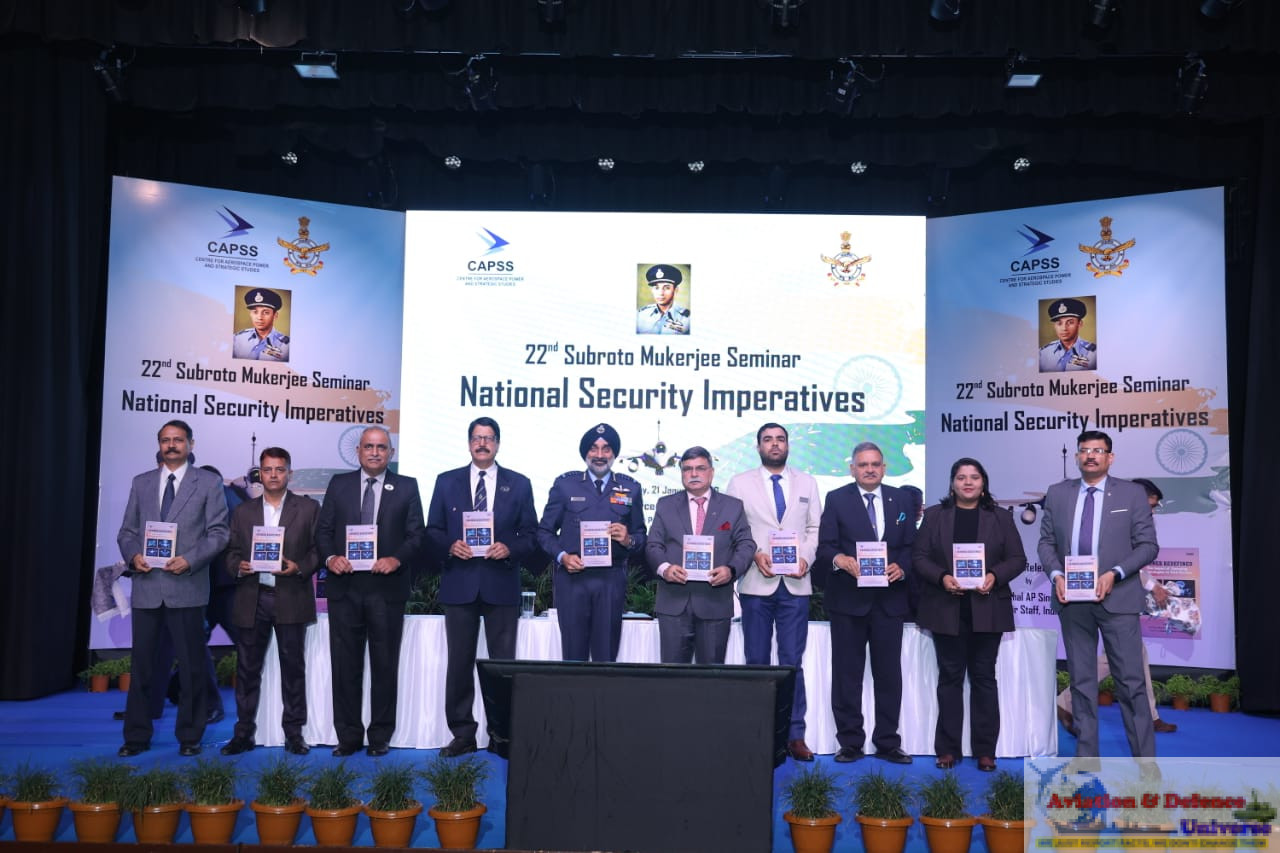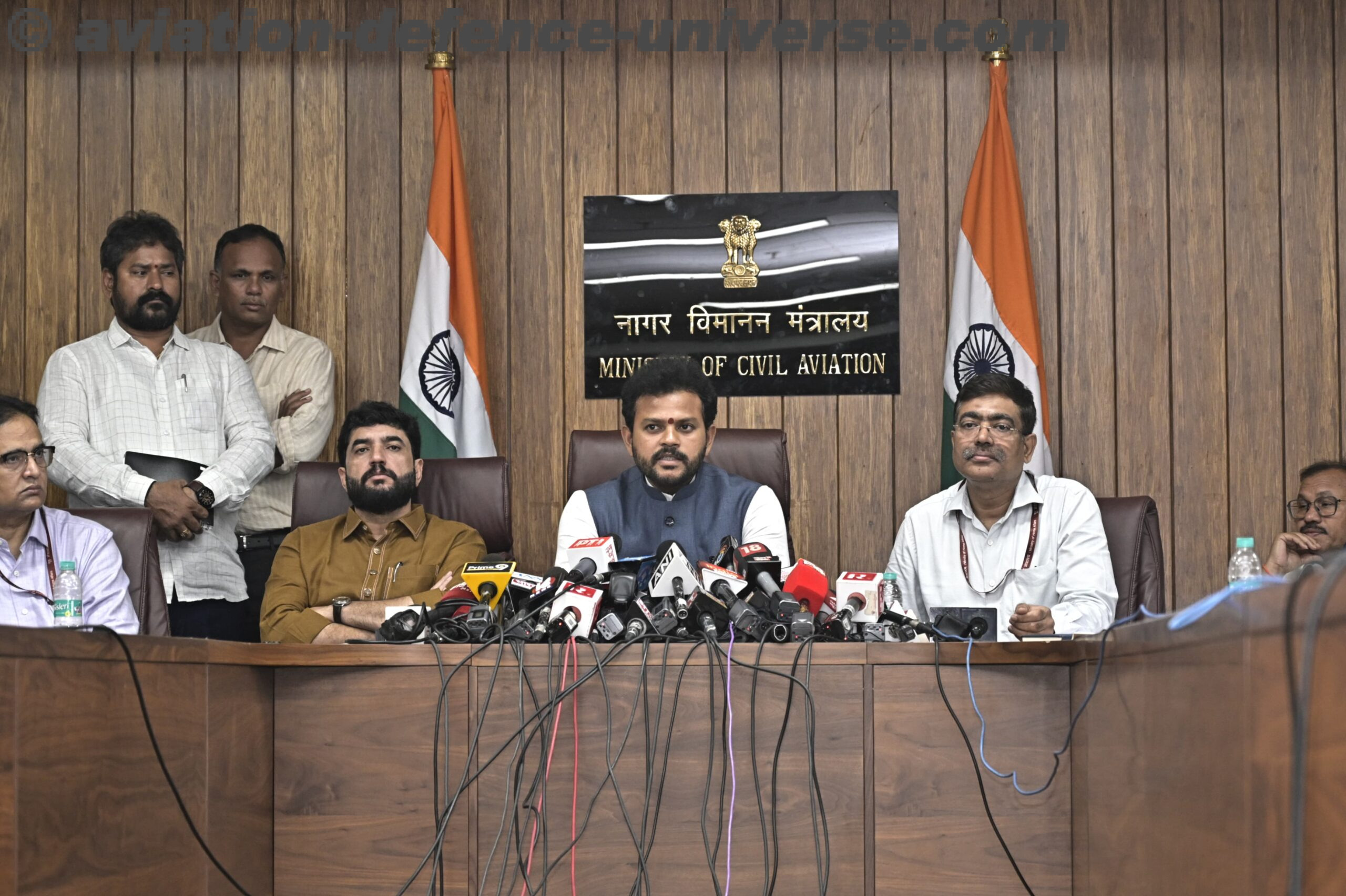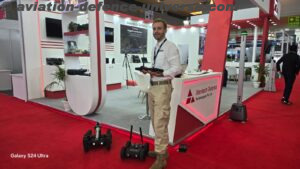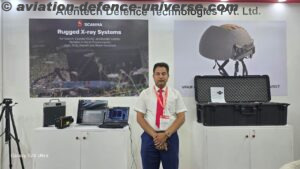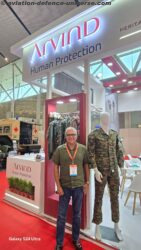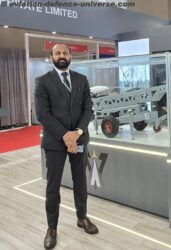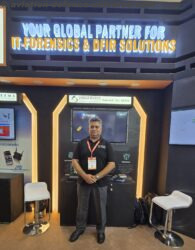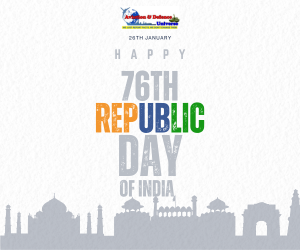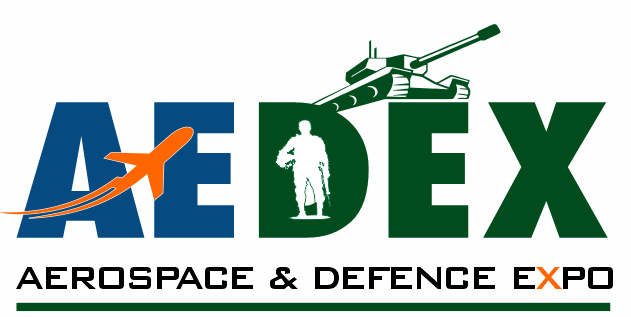- Making Citizen Safety Smarter with Indian-Built CBRNE Tech
- Putting Detection Tools into Field Forces’ Hands
By Sangeeta Saxena
New Delhi. 04 May 2025. At the frontline of India’s homeland security tech evolution is GloZen , a 100% Indian company committed to detection-based solutions. Whether it’s narcotics, explosives, or toxic chemicals, GloZen’s suite of handheld systems are enabling India’s defence and civil agencies to identify threats in real-time. ADU caught up with Arun Trivedi, Chief Operating Officer (COO) of GloZen , at Milipol India 2025 to understand their journey, technology offerings, and how they’re redefining safety through smart detection.
ADU. What is GloZen showcasing this year?
Arun Trivedi. GloZen is here to highlight our core focus—detection for defence and civil safety. Our technologies are geared toward identifying organic and inorganic compounds, particularly for CBRNE environments. Everything we build is designed to enhance citizen safety and security. That’s the driving philosophy behind our innovation.
ADU. Is GloZen an entirely Indian company?
Arun Trivedi. Yes, we are a 100% Indian company. Some of our technology components are patented and imported, but a significant portion of the development, manufacturing, and servicing is done in India. That fits squarely within the Make in India framework we support proudly.
ADU. What sort of competencies does your team bring to the table?
Arun Trivedi. Our team includes specialists in explosive detection, narcotics, toxic industrial chemicals, and chemical warfare agents. We’ve built systems that are field-deployable and easy to use by law enforcement and defence personnel—no need for a PhD to operate them. That’s the beauty of our solution.
ADU. What are the key sectors or customers you serve in India?
Arun Trivedi. Our solutions are in use at industrial plants, airports, ports, and hospitality establishments—places governed by security regulations. We’ve been active in homeland security since 2017, and our tech is already adopted by various state police forces, paramilitary units, and other security stakeholders.
ADU. What makes your devices particularly suitable for field deployment?
Arun Trivedi. Most of our devices are handheld and portable, like tablets. They can run from a car’s cigarette lighter socket and are ready for use in rugged field conditions. The idea is to make them as simple to use as a smartphone. That’s especially important for police and border forces working in time-critical, high-stress situations.
ADU. Are you in touch with India’s security agencies regularly?
Arun Trivedi. Yes, we regularly engage with them—through demos, training sessions, and technical education programs. Awareness is key. Officers and technical teams need to know not just that detection technology exists, but which system is suitable for which use-case.
ADU. What sets GloZen apart from traditional detection systems?
Arun Trivedi. Traditional systems are becoming obsolete. For example, battery-operated devices with a fixed 3-year life are no longer viable. We bring technology refresh into the picture—more adaptable, longer-lasting, and future-ready equipment for Indian forces.
ADU. Are you exporting as well?
Arun Trivedi. Yes, we are exporting to Maldives, Mauritius, and Sri Lanka. We’ve also had engagements in Nepal and Bangladesh, though activity in Bangladesh has slowed due to recent political challenges.
ADU. How has Milipol India been for you so far?
Arun Trivedi. Day one saw strong footfall and good engagement. Day two has been slower—partly due to logistical issues and a rescheduled VIP visit. But overall, it’s been a productive event. We’ve interacted with both current and prospective customers and partners.
From homeland security to border defence, GloZen is enabling India’s field forces with intuitive, deployable detection systems that marry cutting-edge tech with Indian manufacturing. As the threat landscape grows more complex, GloZen’s vision of equipping non-scientists with lab-grade tools could play a vital role in India’s national security preparedness. With exports expanding and domestic adoption deepening, GloZen is not just making in India—they’re making for India’s future.
As told to Sangeeta Saxena








